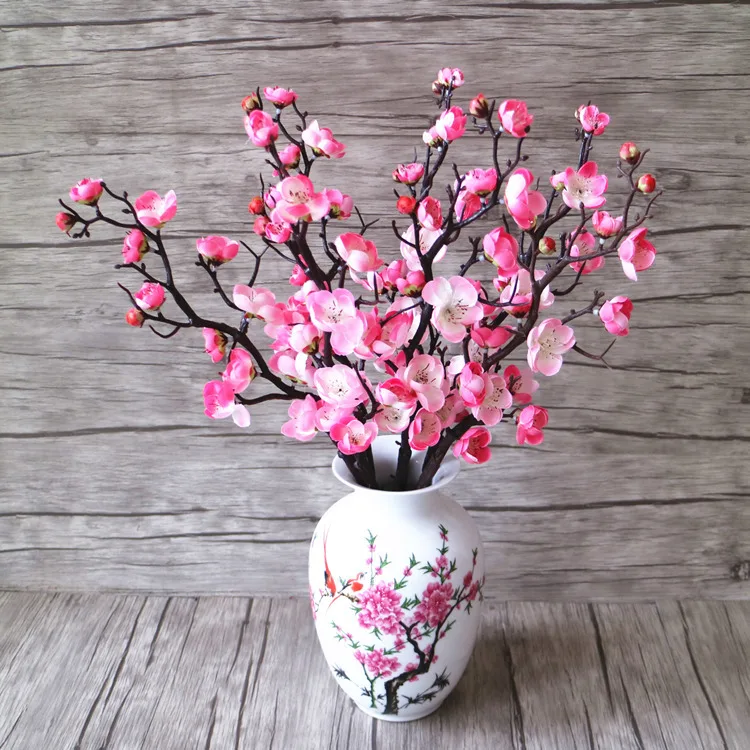In Mexico I started to ponder with the basic philosophical questions again. Why are we (I)? What are we? How are we?
During my studies, I was heavily influenced by modern european phenomenology, especially Husserl, the young Heidegger, as well as French existentialists. However, in recent time, instead of trying to reconstruct other people’s thoughts, I became more involved with thinking myself. After some time, I realized that my own philosophical findings were similar to those of the late Heidegger. Also, the Far Eastern philosophy of Zen Buddhism is in a certain proximity to my thinking.
Personally, I would currently call myself an unconvinced philosopher of life. Unconvinced, since I certainly have not reached the end of the path of thought (if that ever is possible), and therefore I am aware of the uncertainty and potential flaws of my present considerations. Philosopher of life is harder to explain.
In a few words:
Coming from phenomenology, I first dealt with the very first things: the impressions, what you see. (Philosophy includes thinking about the last as well as the first things – and phenomena essentially are the impressions.) Let us consider the following observation:

These are:
– A reminder of my first love. It was spring, the cherry flowers blossomed, and she wore a red dress.
– Clearly plastic. Why do people buy all that plastic. If they were real, that boquet would look nice. But like this, it is just cheap wannabes…
– A nice colorful buquet. I love pink. I wish I had more pink things.
– Flowers in a vase. Isn’t it fantastic how they look almost real. And I bet that they are from China and cost less than 5$. Amazing what today technology can achieve.
– PLASTIC. PLASTIC. PLASTIC. And then they end up swimming on the occean and killing fish. How much faster do people want to destroy this planet?
-Plastic is material that consists of any of a wide range of synthetic or semi-synthetic organic compounds that are malleable and can be molded into solid objects. Fascinating how far we have come. Imagine how life changed in the last hundred years. We conquered the world.
– Those are cherry blossoms: a metaphor for the ephemeral nature of life in Japan.
– Plastic flowers. At least they didn’t kill real flowers just for their own amusement as a boquet and let them die after some weeks before they have been able to play their role in nature as goddess for bees and birds. Still, all this plastic kills nature.
These statements are all true (at least for some of us). It is important to understand that for us it is not like there is some things behind all these interpretations that we can attach to it. Some real truth underlying it. (There may be, but in the moment that we look at it and see the reminder of our first love, that is what they are. And that is what we see.) Therefore, different people can and do see different things when they look at the same thing (I do want to not say object – as that is just another way of seeing things… Like the whole modern physical view of materia.)
I do not want to delve here more into that subject. But, I started to understand the relativity of worlds. How (for some reason not to be discussed here) people see completely different things when looking at something. And how not only what they see differs, but also their feelings against things (or actions). Some of the remarks above imply a liking for the plastic cherry blossoms in a vase, others show clear disgust.
The relativity of worlds, the nothingness behind them, makes one wonder if there is a true nature of things (of being), or if all worlds carry the same (i.e. no) truth in themselves.
At this point, Buddhism, Heidegger, and I diverge. Heidegger goes over to living in the language (see Georges poem “The Word”). The Zen Buddhist Nishitani and others say that there is true being. I would be happy to coincide with Nishitani, but cannot (so far).
My current position is immature as it must be on the way of life. The word as the first categorization is probably the first step towards an instrumentalizing human being. Which brought a lot of achievements. But at the same time, it put people at a great distance to the things that only appear to us as material that can be dominated and instrumentalized.
Without going into the question of whether it is good to instrumentalize dead matter (such as water and rock), it is clear to me that the instrumentalization of living things is not good. To regard plants, mushrooms, animals, and other forms of life just in regard as to what their use is for us. This, of course, seen from my world.
In a logical philosophical experiment I then try to compare worlds. It is about putting one self behind the veil of ignorance. If I do not know in which world I am born, are there worlds that I prefer to others?
It seems intuitive that the Nazi world was not good.
And I get to a vision that all forms of life are equal. Nothing but different representatives of the same thing. Reflections in a mirror. And how could I then treat them or respect them differently than I respect and treat myself?